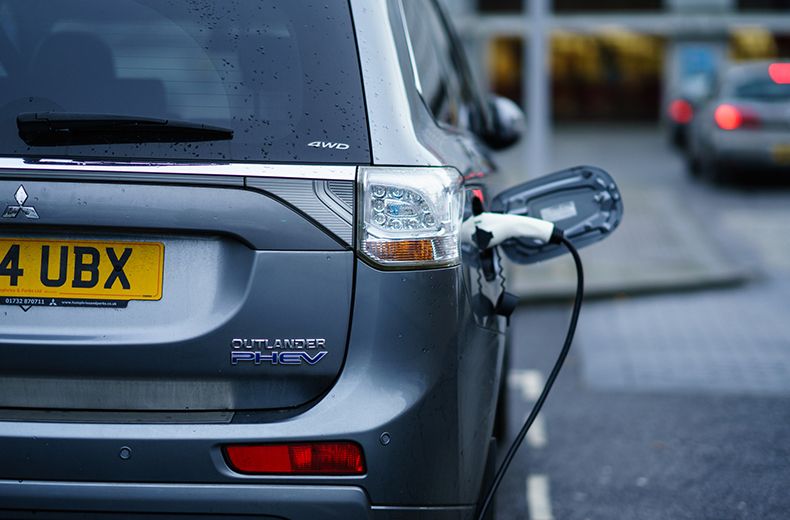A report published by the Science and Technology Committee sets out a raft of potential measures to help the UK meet targets – including a potential ban on the private ownership of cars.
The report claims the UK’s target to be net-zero by 2050 won’t be met unless radical action is taken to address emissions – with the transport sector one of the biggest offenders.
Nicholas Lyes, head of roads policy at the RAC, says the Government’s priority should be further investment in zero-emissions vehicles and public transport.
The report, ‘Clean Growth: Technologies for meeting the UK’s emissions targets’ includes the following proposed measures to help cut the country’s carbon output:
- Bring forward the ban on the sale of petrol and diesel cars from 2040 to 2035
- Raise Vehicle Excise Duty (VED) in line with rail fare price hikes
- Include hybrid vehicles in the ban on petrol and diesel cars
- Reconsider financial incentives for low emission vehicles
- Accelerate development of EV charging infrastructure
- Consider removing private cars from the roads as this is “not compatible with significant decarbonisation”
- Promoting and improving public transport and reducing its cost relative to private transport
- Encouraging vehicle usership in place of vehicle ownership
- Encouraging increased levels of walking and cycling
The report follows a similar publication by the Government’s Energy and Climate Change Committee, which called for a ban on traditionally-fuelled cars by 2030.
Norman Lamb MP says UK parliament has declared a climate emergency and the scale of the challenge facing the country cannot be underestimated.
“The worrying effects of climate change, such as heatwaves, wildfires and flooding are already occurring at an alarming rate and will have a huge impact on future generations.”
He added: "If governments across the world fail to act, it will have dire consequences for the environment and generations to come"
Mr Lyes reiterated the RAC’s calls for the Government to change its mind on the 2018 decision to reduce the Plug-in Car Grant and remove incentives for motorists to switch to low-emission vehicles.
“The priority for government must be to support the transition to zero-emission vehicles by prioritising both charging infrastructure and promoting take-up at the point of sale.”
He added this could be helped by reversing the Plug-in Car Grant decision or looking at other options, like lowering VAT on the purchase price of a zero-emissions vehicle.
Copyright Press Association 2019. Motoring News articles do not reflect the RAC's views unless clearly stated.

Cheaper than AA or we’ll beat by 20%^
• Roadside cover from £5.49 a month*
• We get to most breakdowns in 60 mins or less
• Our patrols fix 4/5 breakdowns on the spot
*At least 10% of new customers pay this for single-vehicle Roadside (Basic). ^Find the same cover cheaper on theaa.com within 7 days & we'll beat it by 20%. T&Cs here.







